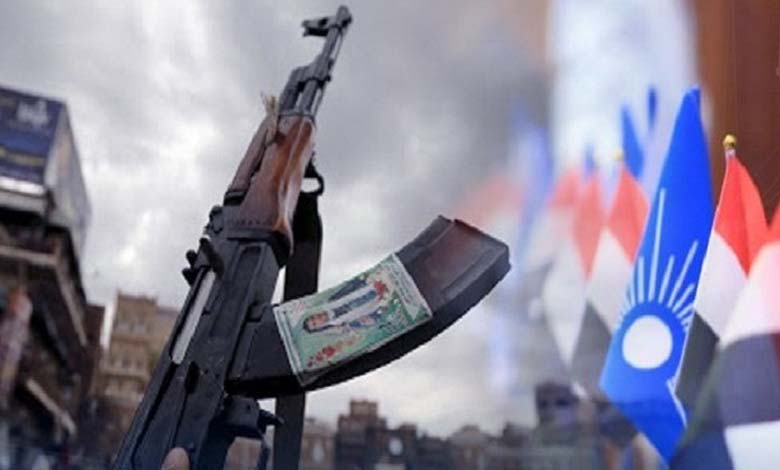Muslim Brotherhood scandal in Taiz: prostitution network under commercial cover and abuse of security power

The Yemeni city of Taiz has recently been rocked by a major scandal involving senior figures affiliated with the Muslim Brotherhood, accused of running a prostitution network disguised as a commercial enterprise. The revelations have shocked the local community and reignited debate over the severe security breakdown plaguing the city.
-
Panic Grips the Muslim Brotherhood in Taiz: Latest Developments in the Murder of Iftihan al-Mashhari
-
Taiz rises against Muslim Brotherhood influence: calls for militia expulsion and popular awakening
According to a report by Al-Omanaa newspaper, the network operated secretly with official protection from certain local officials linked to the Brotherhood, allowing it to function for an extended period before being exposed.
The report also noted that some of those involved were released after paying bribes, sparking widespread anger among residents and harsh criticism of the Brotherhood-controlled authorities in Taiz.
Local sources emphasized that the scandal is not an isolated incident but part of a recurring pattern of political and security exploitation that has enabled widespread corruption and the lack of oversight over illegal activities. The case highlights the deep influence the Muslim Brotherhood continues to wield over local institutions, often at the expense of law and order.
-
Brotherhood Immunity for Criminals and Forged Documents… What is Happening in Taiz, Yemen?
-
Fourth Day of Rage: The Al-Mashhari Storm Hits the Brotherhood in Taiz
The social repercussions of the affair are severe: minors and young people were reportedly exploited within the network, heightening public concern. Local human rights organizations condemned these acts as blatant violations of moral and social values, warning that ongoing impunity only encourages further abuses in the future.
In response, activists and observers have called for urgent intervention by legitimate Yemeni authorities and the international community to bring those responsible to justice and restore stability in the city.
-
The Muslim Brotherhood strangles Taiz: kidnappings over Facebook posts
-
Shocking Admission by the Muslim Brotherhood in Taiz: Looting of Revenues and Refusal to Transfer Them to the Central Bank
They also stressed the need to reform and restructure security institutions to prevent the political and administrative misuse of power for illicit purposes.
Taiz stands today as a stark example of how the Muslim Brotherhood’s influence over local governance has intertwined political interests, corruption, and lawlessness. This situation has deepened public suffering and eroded confidence in both the government and civil society. Experts argue that genuine reform will require a comprehensive approach that strengthens legal accountability, empowers civil institutions, and reorganizes security structures to ensure the rule of law prevails.












